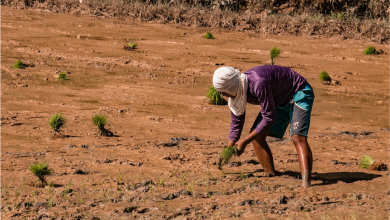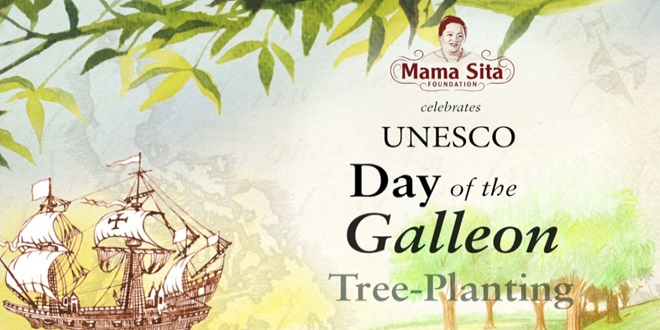
The Mama Sita Foundation (MSF), in collaboration with numerous advocacy groups and organizations such as the Asian Social Institute, Zero Waste Recovery Movement of the Philippines Foundation, Inc., Catholic Women’s League, National Historical Commission of the Philippines, Monde Nissin, Export Development Council, Philexport, DTI-Export Marketing Bureau, Seameo Innotech, GMA Integrated News, and Monfort Foundation, recently conducted a tree planting event on a privately-owned 12-hectare farm in Barangay Suclaban, Mexico, Pampanga, to commemorate UNESCO’s Day of the Galleon. This historic occasion marks the arrival of the first Manila galleon in Acapulco, Mexico, on October 8, 1565.
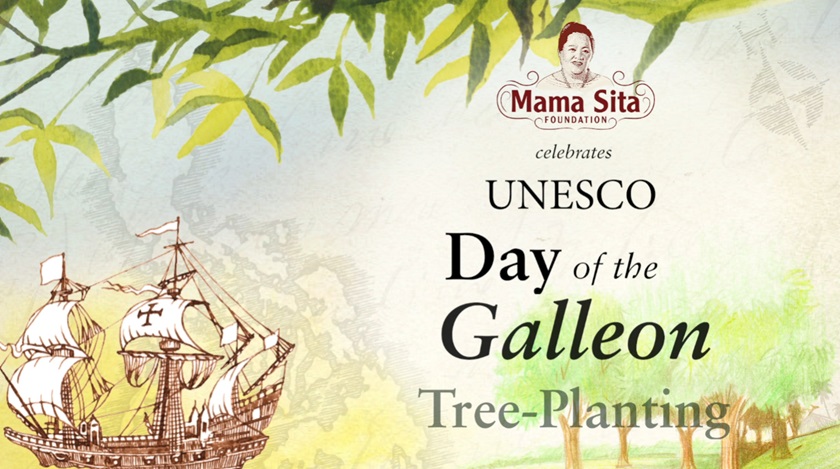
Managed by the MSF, this farm is poised to become a model nursery for highly sought-after crops, catering to the increasing demand for raw materials by local food manufacturers. Clara Reyes Lapus, President of the Mama Sita Foundation, expressed their intention to attract agricultural investors, especially young entrepreneurs and returning overseas Filipinos seeking profitable and meaningful investments. They plan to offer affordable planting materials and investment opportunities on this farm.
On the same day, MSF shared an audio-visual presentation via Zoom, covering various topics related to agricultural sustainability. This presentation reached a global audience, including advocacy groups, students, media, government representatives, and concerned citizens. The experts featured in the AVP discussed the significance of the Day of the Galleon, the vital role of farming and agriculture in nation-building, the importance of preserving agricultural lands, and the potential of farm tourism, among other topics.
The Galleon Trade, which thrived for over three centuries, played a pivotal role in advancing agriculture by facilitating the exchange of crops and farming techniques across different regions. It was a historic milestone with far-reaching implications for economies, food security, culture, and heritage.
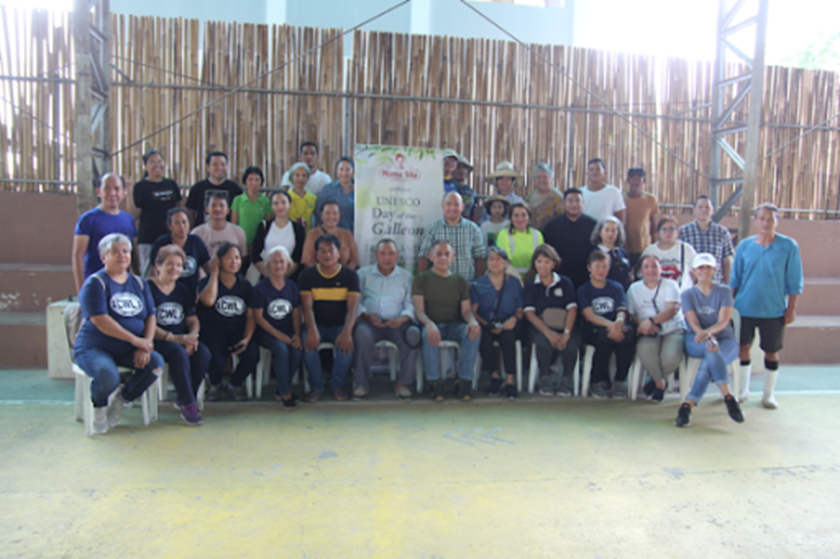
In the Zoom AVP, culinary historian and author Felice Prudente Sta. Maria emphasized that while nations typically don’t celebrate the dates when they fell under colonial rule, the Day of the Galleon is intertwined with the arrival of Spanish colonialism. She pointed out that the galleon experience had positive aspects, serving as the vehicle through which our ancestors transitioned from bartering to a money-based economy, uniting various island communities into Filipinas, a single, united political entity on the global stage.
Sta. Maria added, “Day of the Galleon reminds us that every generation must navigate changes to benefit the present and the future. We encourage everyone to support a popular movement dedicated to thoughtful and just efforts in agriculture to safeguard our food security and culinary heritage.”
Bart Manalang Lapus, Farm Management Officer of MSF, encouraged the planting of achuete, tamarind, and guava trees. He proposed that these species hold the key to transforming the economic landscape and rejuvenating seemingly barren lands. In a world where industries constantly seek safe and quality raw materials, it’s essential to think beyond conventional crop planting and explore the untapped potential of these trees. Guava, tamarind, and achiote are the unsung heroes poised to play a central role in economic and agricultural revitalization.
The AVP also featured Engr. Christopher V. Morales, Assistant Secretary and Director for Farm Tourism Program of the Department of Tourism (DOT), Secretary Romulo V. Arugay of the Commission on Filipinos Overseas (CFO), Counselor Lupiῆo Lazaro Jr., Agricultural Counselor of the Philippine Embassy in Washington D.C., and Vellie Dietrich Hall, a planting advocate and consultant to the US Department of Defense.
Engr. Christopher V. Morales highlighted the promotion of Farm Tourism as a promising avenue for Philippine tourism, emphasizing its evolution into a nature and culture-based experience that offers travelers a unique connection to Filipino heritage.
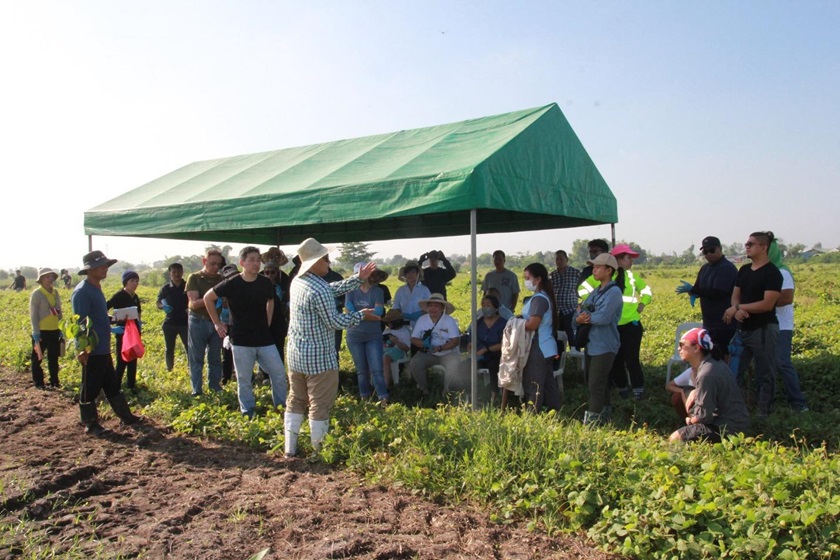
Secretary Arugay shared the support of Filipino migrants abroad, who have invested in small-scale, high-impact projects benefiting local farming communities. From 1990 to 2022, these migrants contributed Php 28 million, benefiting 22,250 farmers in various provinces, augmenting the government’s initiatives.
Vellie Dietrich Hall stressed the need for community education regarding the importance of tree planting, stating that planting trees provides hope, not just for the community but for the entire nation.
Counselor Lupiῆo Lazaro Jr., Agricultural Counselor of the Philippine Embassy in Washington D.C., commended the Mama Sita Foundation and its partners for their tireless efforts in promoting farming and agri-ventures, particularly through the foundation’s model nurseries, which are vital for the country’s economic growth and food security.
Bart Manalang Lapus reiterated MSF’s vision for these initiatives, aiming to inspire the younger generation to plant trees and engage in farming while viewing farmlands in a new light. This approach, he emphasized, can make farms profitable and generate new revenue streams beyond crop yields, such as agro-tourism, ultimately rejuvenating soils and enriching botanical biodiversity.



